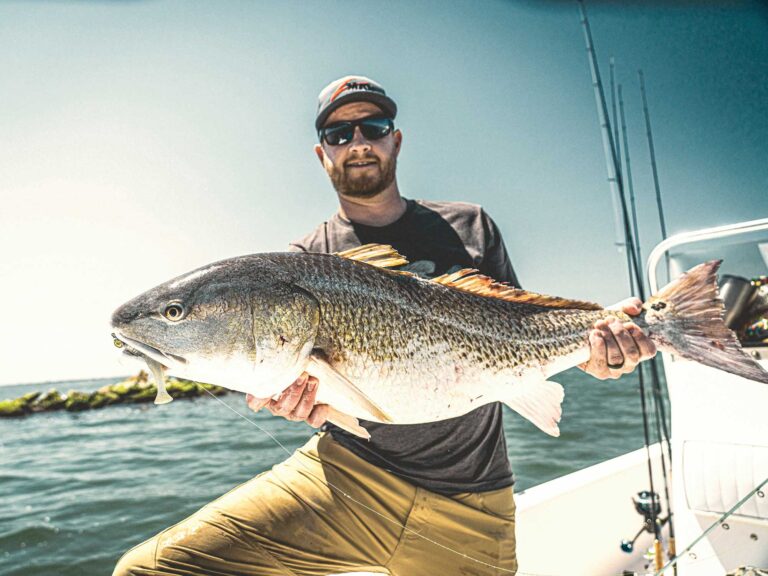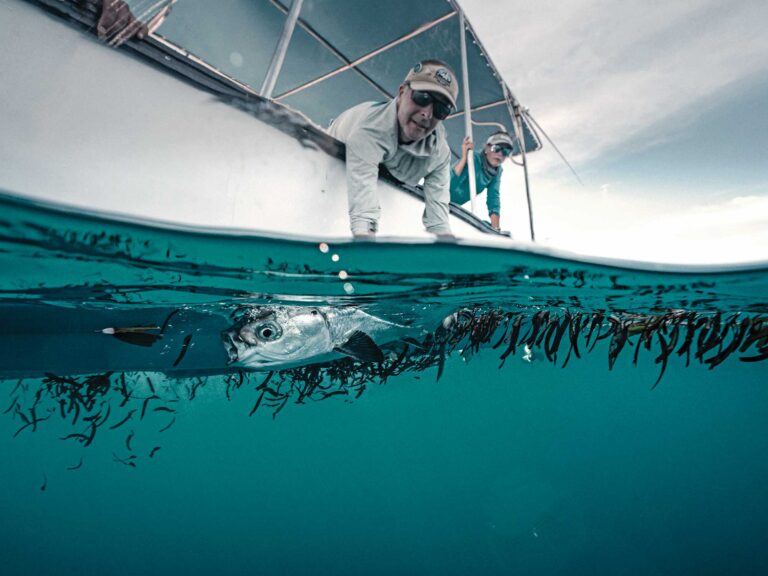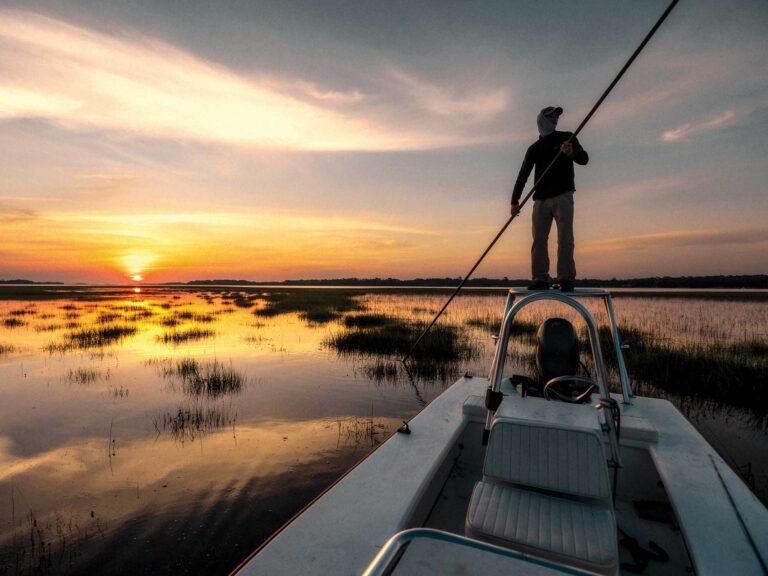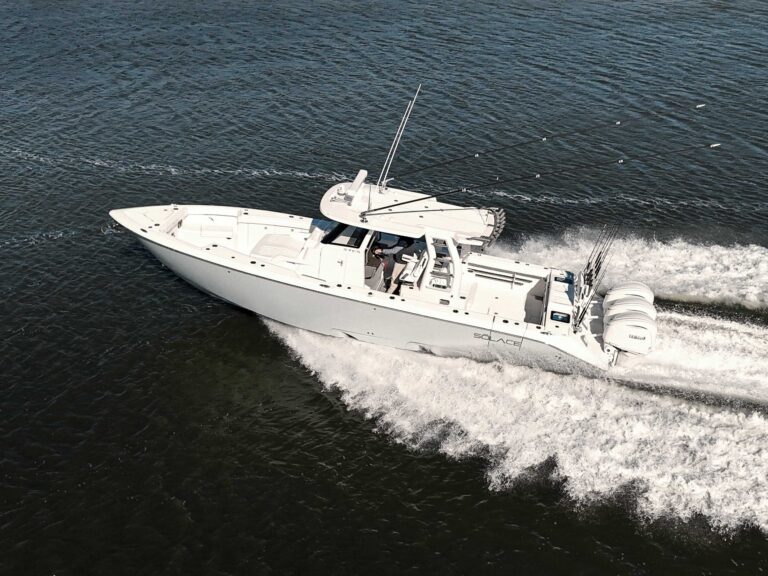The U.S. government will be handing over approximately 30 million dollars to Canadian commercial fishermen to compensate them for the effect the Pacific Salmon Treaty has on their commercial fisheries. Most of the funding will be to keep fishermen from harvesting Chinook Salmon off the west coast of Vancouver Island, along with 7.5 million that the Federal and U.S. government each will provide in hopes of recovering the diminishing salmon stocks in the Pacific.
The toughest part of the negotiation involved the water off southeast Alaska and the water west of Vancouver Island due to the intertwining of salmon in these areas from different rivers and different countries.
Studies have shown that as many as 75 percent of Salmon caught off western Vancouver Island are U.S. bound Salmon and many of them are listed under the Endangered Species Act, whereas Canada hasn’t listed Salmon endangered as of yet.
Under the Pacific Salmon Treaty the Canadian salmon harvest will be reduced by 30 percent and the southeast Alaskan take by 15 percent. The 30 million paid by the U.S. to Canada is being paid to offset the financial effects of the harvest reduction.
Paul Sprout, regional director general for the Pacific Region with the Department of Fisheries and Oceans, said they intend to consult with troll fishermen to mediate the impact of the losses. “Yes, one of the aspects that we would look at is utilizing the money to retire licenses for those individuals that are interested in exiting the fishery under these circumstances,” Sprout said. The compensation program should be in full swing by 2010.
Other changes to the Pacific Salmon Treaty took affect Jan 1st, which included new sockeye harvest, plans for rivers shared by the Yukon and Alaska, and a new arrangement for the catch limit for Americans on Chum Salmon bound for the Fraser River.
Federal Fisheries Minister Gail Shea stated about the agreement, which has caused consistent controversy between the two countries, “This is a crucial arrangement that will help people on both sides benefit from a sustainable fishing opportunities for years to come.”









